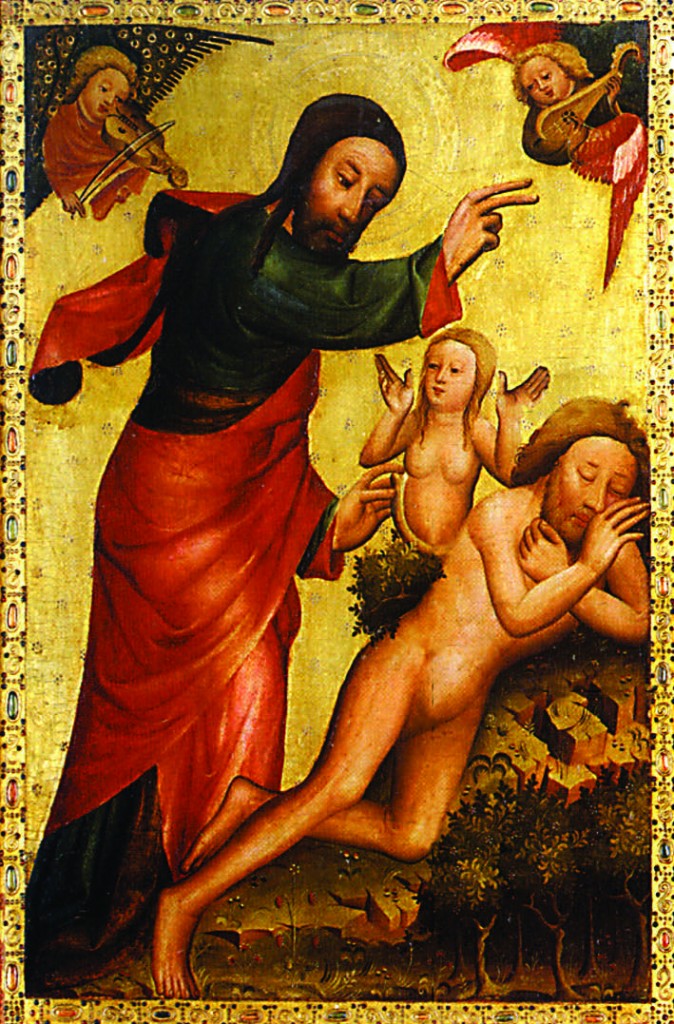
Meister Bertram von Minden (1345-1415), “The Creation of Adam and Eve,” panel from Grabow Altarpiece, now in the Kunsthalle in Hamburg, Germany
Love, marriage, sacrifice, procreation: a reflection on the deep meaning of human love and marriage
Many schools and universities pride themselves to have finally acknowledged that the difference between man and animals is minimal. As a matter of fact, Peter Singer, professor at Princeton University, proudly proclaims that a clever chimpanzee is intellectually much superior to a child affected by Down syndrome. Such scholars are remarkably eloquent. They will tell us that there is one domain where this equality is so obvious that it need not be proven: the sexual sphere. To deny it is pure metaphysical chauvinism. The mode of reproduction of man and animals is a perfect match; in both cases a powerful biological instinct drives the male toward the female. The word “love” truly applies to humans and animals, for love clearly means “sexual”: if the latter wanes, love is extinguished. This explains why couples that are very much in love in their twenties, often part ways later in life. But one key question should be raised: whereas one can speak of “marriage” between human beings, can the word apply to the copulation between animals?
Marriage goes back all the way to the earthly paradise: Adam, although surrounded by very many animals, could not find a single one worthy to be his companion. God had His plans: in His infinite goodness, He put him to sleep and from his very body created Eve, indicating thereby that they have the same dignity even though her body has the edge, for it was taken from the body of a human person, whereas his was made from the slime of the earth. But clearly both of them are God’s children made to His image and likeness: they are persons.
Then God ordered them to be “fruitful and reproduce.” It is worth mentioning that animals did reproduce themselves, but in so doing they were not obeying a divine command. The biological instinct was implanted in their nature, and no divine intervention, i. e. a divine command, was necessary.
When Adam woke up from his sleep and saw Eve, his response was “a response to value”: he was enchanted: “flesh of my flesh; bone of my bone.” For her sake, he will leave father and mother, and adhere to her. It is not said that she would leave father and mother; he is.
Their becoming one flesh was a perfect fulfillment of their nature as persons, for man is created out of love, is made for love, and love seeks union. The fullness of human nature is to be found in both of them together. They are meant to become one.
If we turn to philosophers and religious writers referring to this sacred union, we immediately notice that many of them put the emphasis on reproduction: the meaning and purpose of marriage is procreation. But we can raise the question: if this were the case, what would be the difference between human persons and mammals? For when a dog pursues a bitch, the powerful instinct driving him is reproduction. A good farmer whose key purpose is profit — namely to increase his flock — will skillfully identify the most perfect cows, i.e., those giving the best chances of producing “blue blood” calves, and then will contact a neighbor who has an “aristocratic” bull. They will make a deal and make sure that no other bull will have a chance of copulating with the noble cow.
To speak of the love of a bull for a cow is meaningless; once copulation has successfully taken place, they totally lose interest in each other. But in the case of human persons, the situation is radically different. Granted that human beings too have been given a biological instinct geared toward the other sex, the history of the world, from the very beginning, proves that whereas a bull is placed in a situation in which he will inevitably be attracted by a cow in heat, he has no choice in the matter. Man, being a person, has free will. When meeting several attractive young girls, one of them will attract a young man’s attention, whereas the others will leave him indifferent. We all know cases of talented young men, fascinated by their studies, enjoying “discovering” the world of beauty in nature, in music, in art, and not considering marriage. Then one day they are taken by surprise: they meet a girl who captivates their attention; she might not be the most beautiful, but somehow there is something about her that attracts him so powerfully that while not losing interest in his previous pursuits, this one creature becomes the center of his attention. All his plans of enjoying life — in the noble sense of this term — wane, and now his one ardent desire is to conquer her and marry her. His previous plans recede to the background. This has been admirably formulated by Petrarch; when meeting Laura — his Beatrice — he wrote the words: “che sola a me par donna” (“who alone to me seems worthy to be called a lady”).
All the others vanish in anonymity. A famous biblical story illustrates this. When Jacob arrived at Padda Aram where his uncle Laban lived, and encountered Rachel at the well, his heart was immediately conquered by her charm and beauty, and he expressed the ardent wish to marry her. Her older sister, Leah, had no appeal for him. We know that his father in law shamefully cheated him into sleeping with Leah while he sincerely was convinced that he was embracing Rachel. It is not a nice story. Wisely he accepts the deal offered by Laban in the hope of finally being able to embrace the one he loved. No effort, no sacrifice struck him as too heavy in order to have her as wife. He loved her. Even though Leah proved to be very fecund — in the last count she gave him six children — and Rachel’s womb seemed for several years to be infecund, this did not diminish his love for her: he loves Rachel for her sake, and not for the sake of the progeny she finally gave him in giving birth to Joseph (the child he loved most) and then Benjamin, whose birth cost Rachel her life. Both Joseph and Benjamin, while ardently desired, came as superabundant gifts — the word superabundant deserved to be underlined: it refers to a pure gift, and every gift calls for gratitude. Whereas every single time Leah’s womb had been blessed, she said to herself: now I will finally conquer Jacob’s heart. She was mistaken, for she wrongly assumed that love depends upon the “profit” that her husband makes by having a son, and failed to perceive that love is a response to the beauty of a unique person, whose very being inflames one’s heart independently of any other consideration. Love is a joyful perception of the beauty that God intended when He created her.
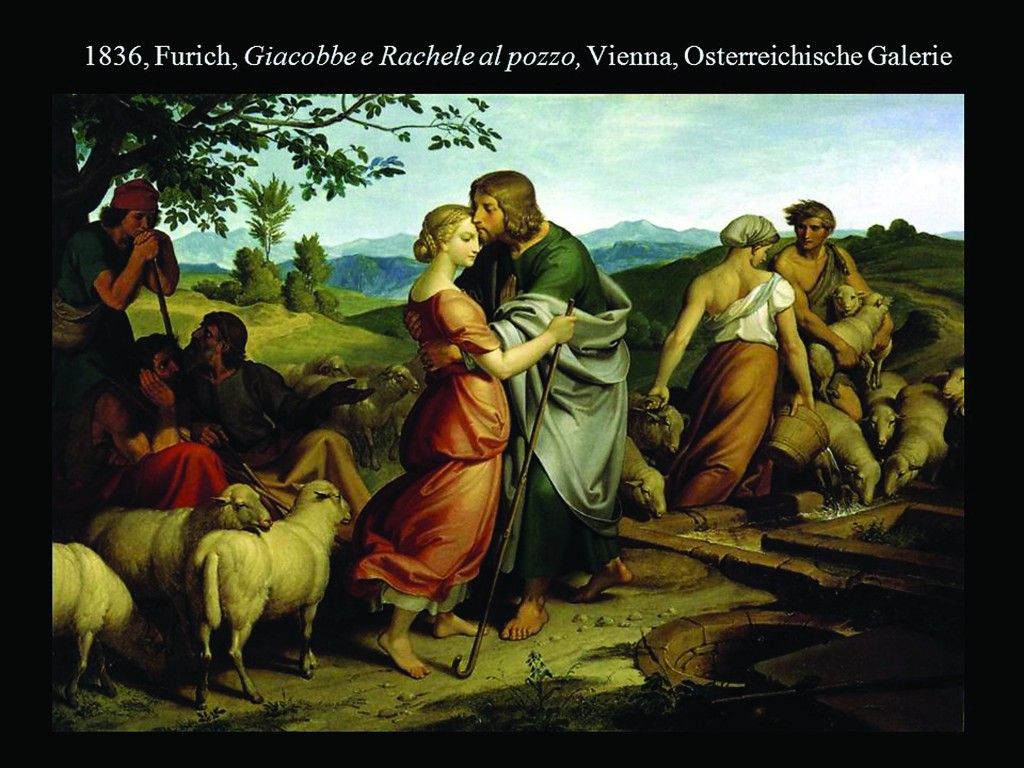
Furich, Jacob and Rachel at the Well,” 1836, Vienna, Osterreichische Galerie
Once again, the Bible made it clear that Jacob loved Rachel for herself, while warmly welcoming a child of her blood, but this “gift” was not the root of his love. She was the queen of his heart. This biblical story is rich in teaching: love is the proper response to the perceived beauty of another person. When this beauty is perceived, the heart of the lover is “wounded” and he inevitably desires to be united to the loved one: for love, by its very essence, ardently desires union. But — and this is crucial — not only does it long for union, to become one with the loved one, but moreover, it is inevitably linked to the desire to be fruitful. He whose love lacks this desire, does not truly love; he might crave for “self-fulfillment,” that is, for subjective enjoyment, but he does not truly love. This profound longing to bear fruit is subtly linked to the promise of immortality which, in turn, is so deeply linked to any true love. To say to someone: “I love you today; how I will feel about you tomorrow is something that I cannot predict,” simply means: I do not love you, even though your physical charm has a powerful attraction for me. “La donna è mobile…” (“woman is fickle”) but this certainly can, alas, be applied to a high percentage of the male sex. I fear that they often beat women at that sad game. We should never forget that Love is not a play-thing (Keats).
Now we can clearly perceive that love has logical priority over procreation, for it is from this love that is born the ardent desire for fruitfulness. If procreation were the one and exclusive aim of marriage, it would be wise before binding oneself to have a medical certificate that the lady being considered has a clear bill of health and gives a fair guarantee that she will give birth to first-rate children. This is, as we saw, the key concern of any good farmer. There are some Catholic thinkers who put such emphasis on procreation that in their view it is both the meaning and purpose of a Catholic marriage. We shall defend the view that the meaning is love and the purpose is procreation. This can be proven to be the view taught by the Church.
Let us imagine the following scenario: a young man is deeply attracted by a girl, and the attraction is reciprocated; they get engaged and plan marriage in the near future. But a medical examination indicates that she has a gynecological problem that requires surgery. The latter being performed, the surgeon informs her that, unfortunately, her chances of ever being a mother are now at risk. She is morally obliged to inform her fiancé that this is, alas, the case. If the latter truly loves her, is he likely to reply: “In that case you will understand that I cannot possibly take you as my wife; I do not want to risk my chances of being a father”? This is conceivable, but we should then draw the conclusion that he did not love her. Had Elkanah, in the book of Samuel, been informed that it was most unlikely that Hannah would ever give him a son, would he have ceased to love her and ardently wish to have her as his beloved wife? The Bible tells us explicitly that he loved her much more than his other spouse who gave him a large progeny.
Do we need to be more eloquent in order to prove that according to God’s plans in creating “man” male and female, he gave love logical priority over procreation, but this priority is essentially linked to the desire to be fruitful? When, alas, this fruitfulness is prevented without any fault on the part of the husband and wife, this, while a legitimate source of grief, should not either extinguish or diminish their love; they should carry this cross together and, refusing defeat, channel their fruitfulness in other directions, for example, by adopting orphans or abandoned children, or by having spiritual children.

St. Teresa of Avila
This is further proven by the fact that when a marriage based on love is truly happy, the sweet bond uniting husband and wife, far from decreasing with age (as biological ardor necessarily does) will increase in tenderness, while they are fully aware that this love will only find its fulfillment in eternity where “neque nubent neque nubentur” (“they neither marry nor are given in marriage”); this is a fact clearly stated by Christ Himself. Noble and great as the sexual sphere is, it should be luminous that it is essentially linked to our statu vitae, and is totally transcended in eternity. It was, I believe, St. Teresa of Avila, who in her autobiography, speaks disparagingly of human delights when compared with the spiritual joys that will be granted to us in heaven: “No eye has seen, nor ear heard the joys that God prepares for those who truly love him.” Beatitude is not, as some seem to assume, a powerful prolongation of earthly delights; it totally transcends them.
We desperately need totally new “organs” in order to be able to receive and appreciate them. On this earth, even a brief taste of their delight would kill us, as is clearly testified by great mystics. Mystical graces, if prolonged, would inevitably kill us.
(The second part of this article will be published in the issue of January 2016)

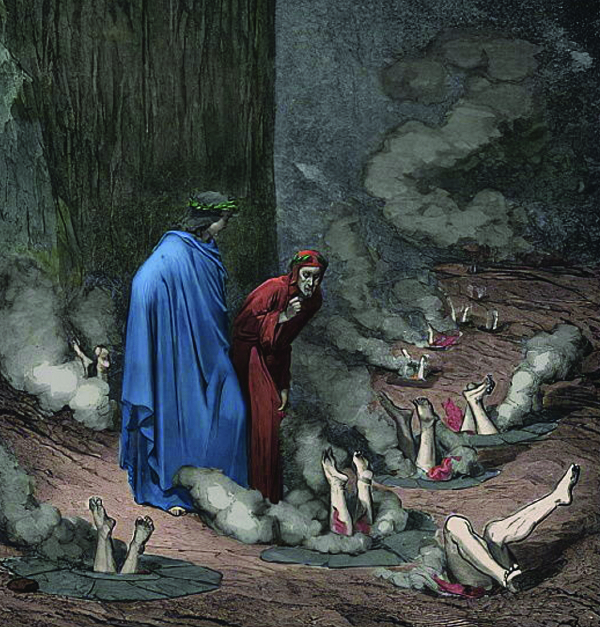

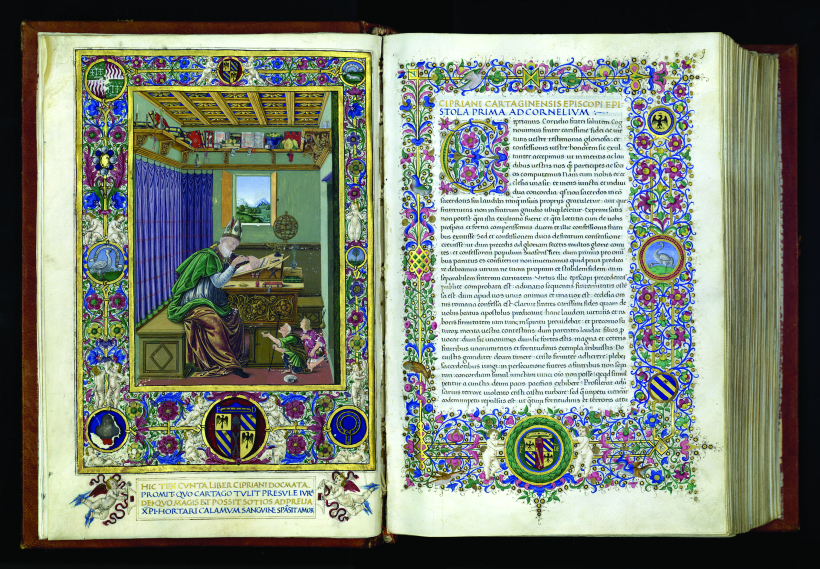
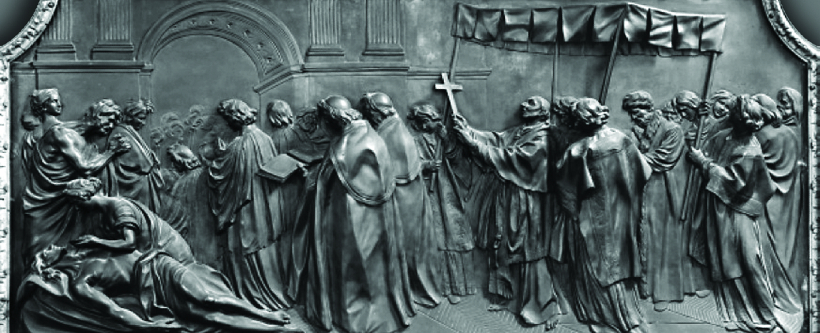

Facebook Comments